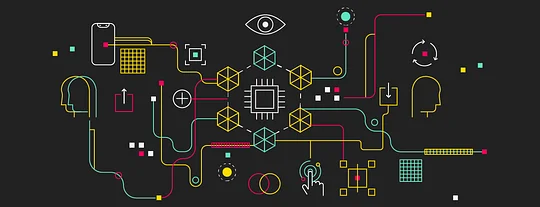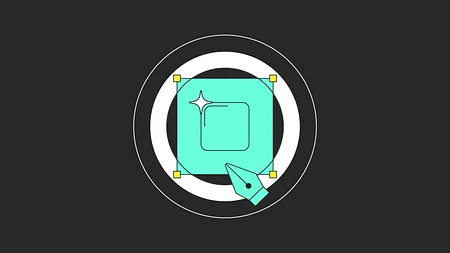Becoming truly digital requires organisational culture change - here’s how to do it

Nearly a year ago now (how time flies during a global pandemic) we wrote that there’s never been a more important time to be truly digital.
Little did we know that this would ring truer today than it did then!
Digital is no longer just a ‘nice to have’, thanks to branch closures, enforced remote working and a move to cashless payments. High-cost legacy processes are no longer an option. Hard times sometimes force us to do difficult things we probably should have done sooner. And when it’s a case of keeping the lights on and weathering the storm, having a truly digital financial services company is no longer a growth option; it’s survival.
But many banks and financial institutions aren’t set up for this way of life. So what can you do to become truly digital?
It all comes back to culture
It’s a word that gets thrown around a lot, but what does it actually mean?
In my experience, culture is this weird paradigm of being something that is both the most important thing in an organization, but fundamentally the very least understood.
David Brear, CEO at 11:FS
It’s not about how many ping pong tables you have or what time you let your employees loose on the beer fridge. It’s about:
Helping your people do the best work they can possibly do
Hiring smart people and giving them the resources and support they need to succeed (mental health especially during these challenging times)
Working towards shared values and goals
How can you get the most from your team?
Start by acknowledging that the way things have historically been done isn’t necessarily the right way for things to be done. Just because, as a bank, you built a successful business once upon a time, doesn’t mean that repeating this recipe now is going to secure your success in the future.
Legacy ways of working can often be at odds with building a customer-centric culture. Large organisations have an incredible ability to hire extremely talented people, but the legacy process often curb their ability to drive change.
You might also want to reconsider how your teams work together to feed into the wider business goals. In an organisation of hundreds of thousands of people, cultural transformation is not something you can issue a memo about on the intranet and ask everybody to do better. But If you’re willing to invest in new ways of working, you’ll be able to accelerate the company towards a user-centric culture, and build a loyal team of change makers who can unleash their talent, feel fulfilled, and attract other top talent to join the organisation.
“Digital is a small team sport. It’s not how many people you have or how much money or how big your tech stack is. It’s actually how good you are at doing these (digital) things. And this is really what fintech has done most. It’s not about shiny apps or freezing credit cards remotely or whatever. It’s about the fact that they can do things in seconds that would have taken people months to do.”
That’s how our CEO, David Brear, summed it up in this interview.
We (and, of course, Jeff Bezos) talk a lot about the ‘two pizza team’ - this is something our consultants often recommend to clients when we’re helping them rethink the way they do things. It explains that every team should be small enough to feed with just two pizzas, so no more than 8-10 people.
Are your teams fighting your customers’ corner?
Once you’ve established your new teams, it’s time to make sure everyone’s fighting for the same goal: your customers.
There are usually pockets within big organisations that truly understand what their customers need - they tend to be the people on the front line (e.g. working in the call centre or in branches) who day in, day out deal with the realities of what customers have problems with. Make sure the valuable information they’re privy to is fed back to the organisation - keeping it under wraps won’t benefit anyone.
If you’re humble, empathetic, and understand that continuously delighting users is the best way to increase the long-term value of the company, you’ll soon see the value of empowering these teams.
Only when your teams are focused 100% on the end user and their Jobs to be Done can they start creating truly digital products. We call these digital R.I.C.H.E.S. because they should be:
Real-time
Intelligent
Contextual
Human
Extended
Social
These are the kind of products and services that will truly deliver on your customers’ needs and secure your survival in this ‘new normal’.
If you’re up for doing something special, we’d love to hear from you and see if we can help.



